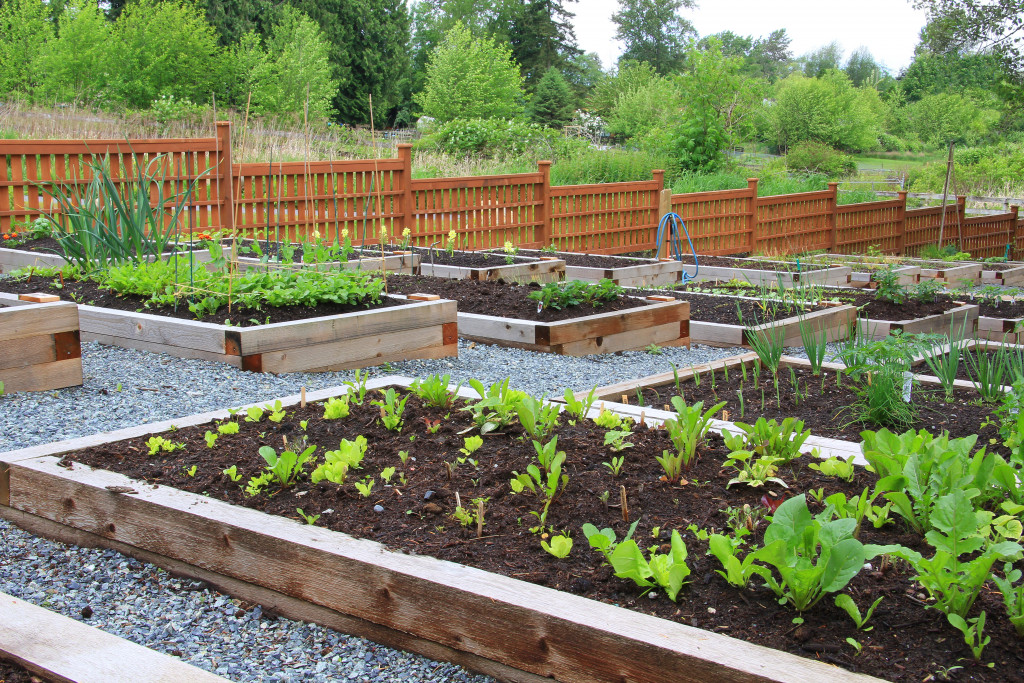- Gardening provides numerous mental health benefits, including reducing stress and fostering a sense of purpose.
- Outdoor activity can promote social connections and serve as a mindfulness practice to manage mental health conditions.
- Physical benefits include increased Vitamin D levels from sunshine, better cardiovascular health, and improved sleep.
- Starting a garden involves lawn maintenance, choosing suitable plants, acquiring essential supplies, and planting.
- Gardening, both rewarding and therapeutic, is a hobby offering mental health benefits accessible to all.
Gardening is an activity that has been around for centuries. It’s a hobby that can bring joy and satisfaction to people of all ages, but it also has some unexpected benefits for your mental health. In recent years, there has been a growing body of research that suggests that gardening can have a positive impact on your mental and emotional well-being. Here’s what you need to know about gardening today, why to try it out, and how to get started.
Gardening Today
It’s estimated that about 55% of the households in the United States have some garden, and that number is growing. Gardening allows you to connect with nature and get in touch with your creative side; it’s a great way to improve your health and well-being. Here are some mental health benefits of having a garden today.
1. Reducing Stress and Anxiety
For many people, gardening provides a space to escape from everyday life’s stresses. Spending time outdoors, getting your hands in the dirt, and being surrounded by the natural beauty of plants can all help to calm the mind and reduce feelings of stress and anxiety. Studies have shown that spending time in nature can lower cortisol levels (the hormone associated with stress) and improve overall mood.

2. A Sense of Purpose
Gardening can provide a sense of purpose and accomplishment, particularly for those who struggle with mental health issues. When you plant a seed and watch it grow into a healthy plant, you experience a sense of pride and accomplishment. This can be particularly beneficial for those who struggle with depression or other mental health conditions, as it provides a sense of purpose and meaning.
3. Social Connection
Gardening can also provide an opportunity for social connection. Joining a gardening club or sharing produce from your garden with others can foster a sense of community and provide opportunities for social interaction. This can be particularly valuable for those who struggle with social anxiety or feel isolated.
4. Mindfulness and Meditation
Gardening can be a meditative activity that allows you to be present in the moment and focus on the task at hand. Weeding, pruning, and planting can be done mindfully, allowing you to tune out distractions and focus on the present moment. Studies have shown that mindfulness techniques such as meditation can help treat anxiety, depression, and other mental health conditions.
5. Improved Sleep and Physical Health
In addition to the mental health benefits, gardening can also have physical health benefits. Spending time in the sunshine can increase Vitamin D levels, essential for bone health. Gardening can also be a low-impact exercise that provides cardiovascular benefits and promotes better sleep.
How to Get Started
There are various ways you can get started with your garden. Here are four steps.
Get Your Lawn Maintained
The first step is to get your lawn maintained. This involves mowing, weed control, and fertilizing the soil. A well-maintained lawn will help ensure that your plants have a good foundation to grow in. If you don’t have the time to do this, consider hiring a local lawn maintenance company. The company can help you with the basics of lawn care and maintenance.

Choose Your Plants
The next step is to choose your plants. Research which plants will work best in your climate and soil, so you can make sure they thrive. Consider starting with easy-to-care-for plants such as herbs, succulents, or perennial flowers that require minimal care.
Get Supplies
Once you’ve chosen your plants, it’s time to get supplies. If you don’t have an outdoor space or a garden bed, you’ll need soil, compost, mulch, and containers for planting. You may also want to purchase garden tools such as shovels, rakes, hoes, and trowels.
Plant Your Garden
Finally, it’s time to plant your garden. Depending on your chosen plants, you may want to start by preparing a gardening bed or containers for planting. Ensure your soil is moist before planting, and fertilize as needed. Then, place the plants in the soil and water them regularly.
Gardening can be rewarding and therapeutic, with numerous mental health benefits, from reducing stress and anxiety to providing a sense of purpose. Whether you’re just getting started or have been gardening for years, there are plenty of ways to reap the rewards of this beloved hobby.

